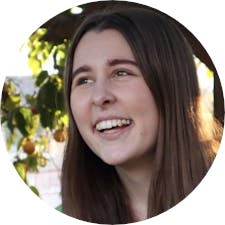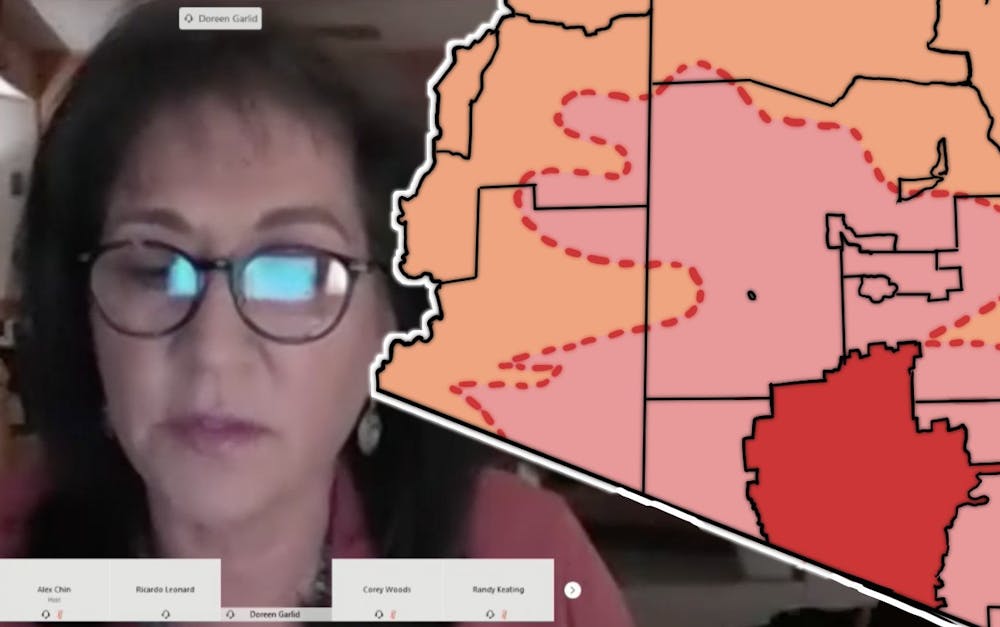A resolution passed unanimously by the Tempe City Council Jan. 14 formally recognizes the land Tempe occupies as "culturally affiliated with the O'Odham, Piipaash and their ancestors."
Contributors to the resolution say it is a step forward in the recognition of Indigenous people as the land's original inhabitants, as well as a history that stretches hundreds of years before the land was taken by settlers.
Debbie Nez-Manuel, co-founder and board member of Morning Star Leaders, an organization that works with young people to instill early teachings of Indigenous history, spoke at the city council meeting about the importance of the land acknowledgement.
"Protecting the future of our youth is so vital, ensuring that we take these steps and demonstrate to them who they are and what their future represents, we must continue to work together," Nez-Manuel said.
John Southard, historical preservation officer for the city of Tempe, said these tribes inhabited the land Tempe occupies and have been apart of its history far before Charles Hayden, who is credited for founding Tempe in 1871.
"Present-day Tempe is approximately 40 square miles," Southard said. "There is clear, archeological evidence of ancestral habitation; cultivation of crops, creation of an irrigation system that spans the entirety of the city."
Councilmember Doreen Garlid, who is the first Native American on Tempe City Council, was a key figure in passing the resolution.
"I was so excited and I started crying," Garlid said of reading the resolution at the meeting. "I'm like pinching myself to get myself to stop being emotional."
As a member of the Navajo Nation, Garlid has strong family and cultural ties to the Indigenous community.
"I was elected to support, work for and serve (the) whole entire community in every background of every person in our city, but this is a moment where I just felt really lucky to be a part of all this," Garlid said.
Garlid said Native Americans can feel like "second-class citizens" in a country they inhabited before anyone else did.
"We accept the responsibility of stewarding those places and solemnly pledge to consider this commitment and every action," Garlid said. "What that means to me is that it’s just the beginning."
The resolution was put into motion after Garlid and Councilmember Lauren Kuby visited a Tempe excavation site where historical artifacts were uncovered and wanted to better honor the rich history of the Indigenous community in Tempe after seeing it.
Ricardo Leonard, vice president of the Salt River Pima-Maricopa Indian Community, spoke at the meeting about strengthening the relationship between the Indigenous community and the city of Tempe.
"There is the phrase, a rising tide lifts all boats, and I believe (that) best represents our goal," Leonard said. "As neighbors, I think we all have an interest to improve our neighborhood here in the East Valley."
For Nez-Manuel, the land acknowledgement has been a seed waiting to bloom, as she and Morning Star Leaders have been working on an acknowledgement in Tempe starting as early as 2017.
"Be it know that unraveling nearly 300 years of policy takes time," Nez-Manuel said. "Let's continue to put action behind our words and move forward."
Garlid said while she has not had the opportunity to talk to many community members since the passing of the resolution, she has seen a positive response on social media.
"People of all backgrounds and all ages and all history seem to be very honored and proud that we were doing this," Garlid said. "I'm so proud of my city to do this and I'm so proud of my colleagues and our staff and all the work that they put into it."
Reach the reporter at mcfisch4@asu.edu and follow @morgfisch on Twitter.
Like The State Press on Facebook and follow @statepress on Twitter.
Continue supporting student journalism and donate to The State Press today.

Morgan Fischer is the politics editor, she works with her desk to cover topics related to politics in the ASU community. She has previously worked as an intern for RightThisMinute.




